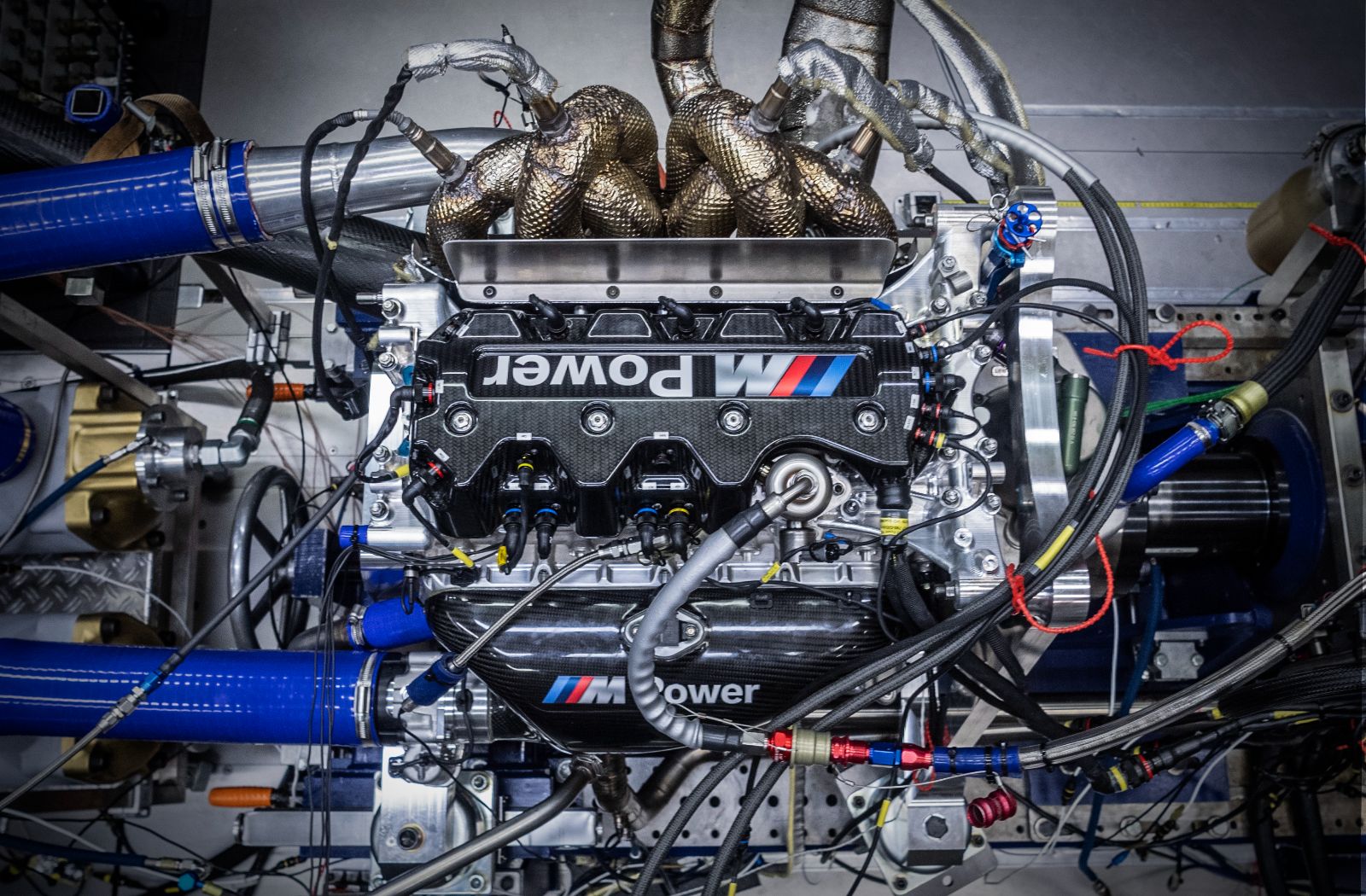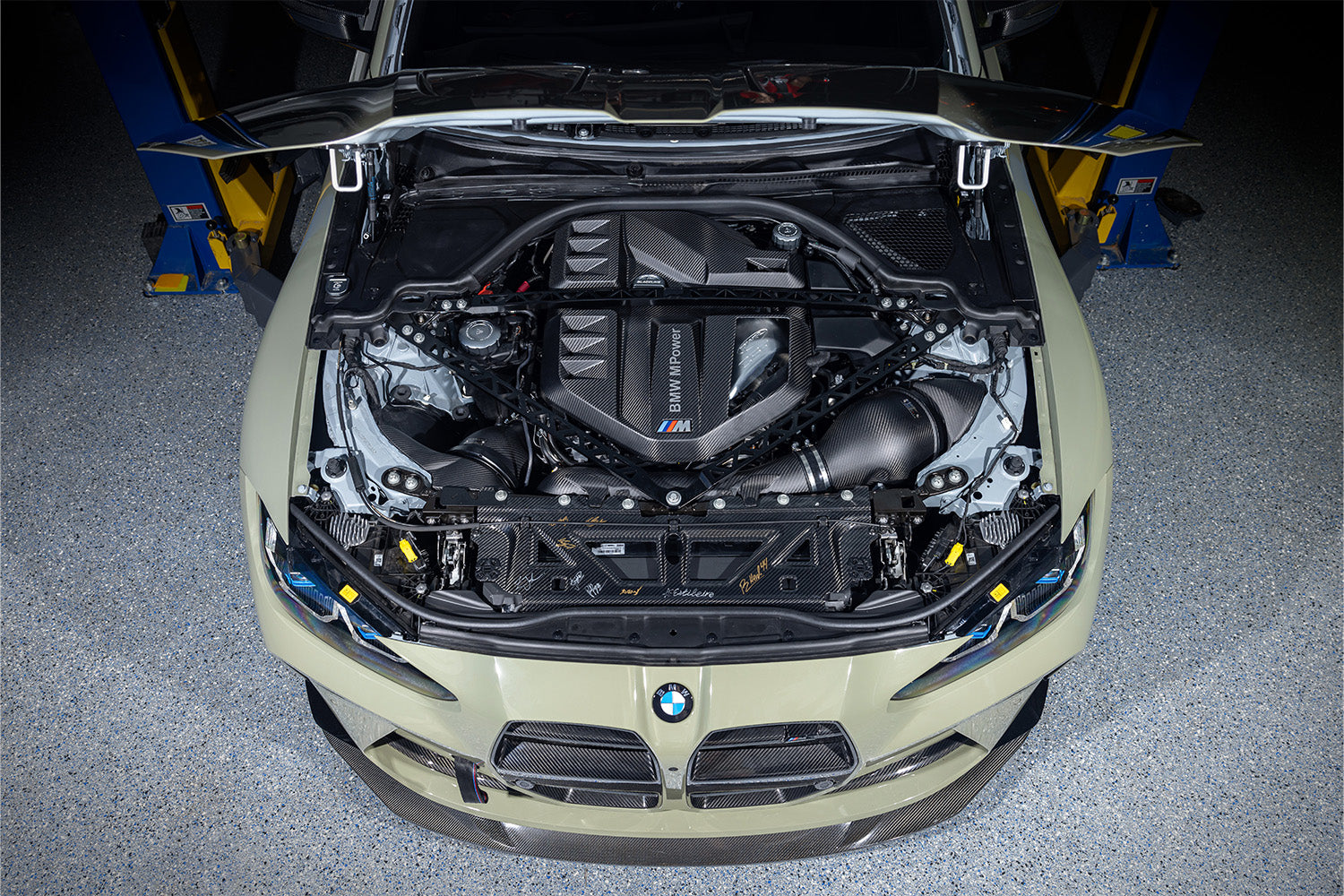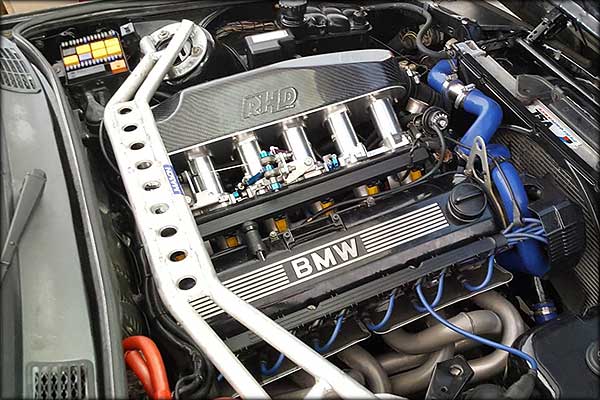Usual Concerns Dealt With by BMW Engine Owners and How to Solve Them
Usual Concerns Dealt With by BMW Engine Owners and How to Solve Them
Blog Article
Revealing the Intricacies of Next-Generation Power Units: a Deep Dive Into Advanced Engine Developments and styles
As we stand on the precipice of a brand-new age in transport, the ins and outs of next-generation engine designs bid us to check out the advanced modern technologies and developments that guarantee to redefine the driving experience. Digging much deeper right into the realms of exhaust control, intelligent engine administration systems, and the horizon of power system development, we discover ourselves on the cusp of a makeover that guarantees to reshape the landscape of flexibility as we know it.
Advancement of Engine Materials

The shift towards progressed engine products has actually additionally enabled engineers to develop engines with greater power outputs while preserving fuel effectiveness criteria. For instance, making use of light-weight products lowers the total weight of the engine, leading to improved fuel economic situation and lower discharges. Furthermore, advancements in materials technology have permitted far better thermal management within engines, leading to boosted dependability and durability.
Turbocharging and Supercharging Technologies
Just How do Turbocharging and Supercharging Technologies revolutionize engine efficiency and effectiveness in modern vehicles? Supercharging and turbocharging are innovations that considerably enhance engine efficiency by boosting the quantity of air intake into the burning chamber. Turbocharging achieves this by making use of a wind turbine driven by exhaust gases to pressurize the intake air, while turbo charging makes use of a belt- or chain-driven compressor to accomplish the very same result.
These innovations enable smaller sized, extra fuel-efficient engines to produce power equivalent to bigger ones, understood as downsizing. Forcibly more air into the cylinders, supercharging and turbocharging improve combustion efficiency, leading to raised horsepower and torque result without a significant rise in engine size. This leads to much better velocity, hauling ability, and overall driving performance.
Moreover, turbo charging and turbocharging add to boosted gas effectiveness by permitting the use of smaller engines that take in less gas under regular driving problems - bmw engine. This combination of enhanced performance and performance has actually made turbocharging and supercharging essential elements of numerous contemporary engine layouts
Discharge Control and Environmental Impact
With enhancing international issues pertaining to air quality and environmental sustainability, the application of exhaust control technologies in cars plays a vital duty in decreasing hazardous pollutants launched into the environment. Modern automobiles are outfitted with innovative emission control systems that help reduce the ecological effect of vehicle operations. Catalytic converters, for instance, are developed to transform hazardous gases such as carbon monoxide gas, nitrogen oxides, and hydrocarbons right into much less unsafe materials like co2 and water vapor.
In addition, advancements in engine technology, such as the integration of exhaust gas recirculation systems and selective catalytic reduction, have actually substantially added to reducing emissions. These technologies operate in tandem to maximize burning performance and decrease the release of hazardous pollutants right into the air. In addition, the advancement of hybrid and electrical lorries represents an essential action in the direction of minimizing the general environmental impact of the transportation sector.
Intelligent Engine Monitoring Solution

In addition, these systems make it possible for vehicles to satisfy rigid emissions criteria without jeopardizing performance, offering a more eco pleasant driving experience. The assimilation of synthetic intelligence and maker learning capacities in engine monitoring systems proceeds to press the limits of what is possible, leading to additional enhancements in efficiency, reliability, and general vehicle performance. bmw engine. As auto technology developments, intelligent engine management systems will certainly play an important duty in shaping the future of transportation towards a more lasting and efficient direction
Future Trends in Power Unit Growth
As intelligent engine administration systems lead the means for improved control and optimization in contemporary lorries, future patterns in power unit development are poised to redefine the landscape of automobile propulsion modern technologies. Among the essential patterns driving innovation in power unit development is the shift towards electrification. With a raising emphasis on sustainability and reducing carbon emissions, hybrid and electrical powertrains are coming to be much more common in the vehicle market. These alternate power resources supply improved efficiency and performance while aligning with strict environmental policies.
One more substantial pattern is the integration of innovative products and making methods. Light-weight materials such as carbon fiber and aluminum are being used to minimize overall vehicle Going Here weight, boosting fuel effectiveness and performance. In addition, innovations in 3D printing and additive production are allowing the production of intricate engine elements with higher accuracy and toughness.
Moreover, synthetic knowledge and artificial intelligence are playing a crucial duty in enhancing power device efficiency. These technologies enable for real-time tracking and flexible control, resulting in extra effective and dependable power delivery. In general, future patterns in power unit growth are geared in the direction of efficiency, sustainability, and performance, driving the automobile market in the direction of a brand-new era of propulsion innovations.

Verdict
Finally, the advancements in engine materials, turbocharging, discharge control, and smart monitoring Visit Website systems have led the way for next-generation power systems. These innovations have not just better efficiency and efficiency but also decreased environmental impact. As technology remains to advance, future trends in power system development are likely to concentrate on additional improving sustainability and maximizing power output. The intricate layouts and developments in modern engines display the recurring development of vehicle technology.
Discovering the dynamic advancements in engine blog here materials has actually been essential in enhancing the performance and efficiency of modern engines. Over the years, the advancement of engine materials has actually played a vital function in pushing the borders of what engines can achieve.The shift towards advanced engine materials has actually also made it possible for engineers to design engines with higher power outputs while maintaining fuel effectiveness criteria.The execution of smart engine administration systems in modern-day cars has actually revolutionized the means engines are managed and maximized for performance and effectiveness. By collecting information in real-time and examining it with sophisticated formulas, intelligent engine monitoring systems can adapt to driving designs, ecological variables, and engine health and wellness to optimize power output while lessening fuel consumption and exhausts.
Report this page